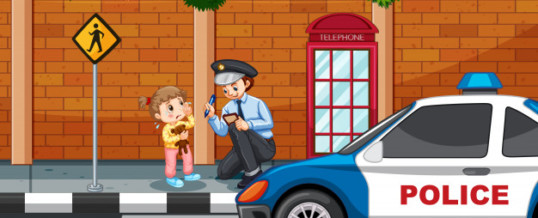Therapists who are certified in autism are in high demand and this is only going to grow as the autism population increases.
According to the CDC, one in every 44 children is diagnosed with autism in the United States yet the majority of states in the country are lacking when it comes to having enough therapists trained in the field of autism. This includes speech language pathologists, occupational therapists, behavior therapists, and other professionals.
In many cases, while therapists are trained experts in the specific therapy or intervention they provide, they often do not complete extensive autism-specific training in addition to their specialty.
This is why supplemental training and certification for therapists is so needed – not only to help therapists with
SEP









